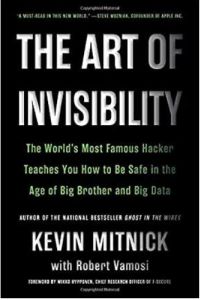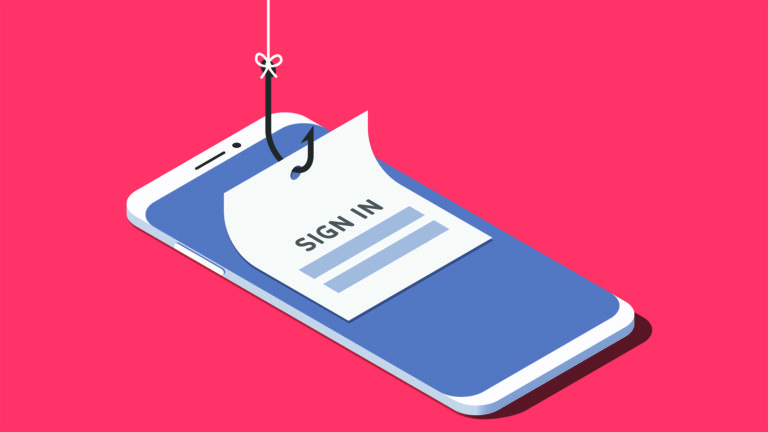Join getAbstract to access the summary!

Join getAbstract to access the summary!
Kevin Mitnick
The Art of Invisibility
The World's Most Famous Hacker Teaches You How to Be Safe in the Age of Big Brother and Big Data
Little, Brown US, 2017
What's inside?
A cybersecurity expert offers step-by-step instructions for protecting your privacy online.
Recommendation
The government can read your emails, marketers can target ads based on your search history, and crooks can kidnap your data. Former hacker, Kevin Mitnick, now a computer security consultant, says you can minimize surveillance and cyberattacks by becoming “invisible” online – obscuring your identity and your trail. He explains these strategies with a minimum of tech jargon and a maximum of hands on utility. Most of his tactics are straightforward, though just a few require huge effort. Unless you’re on the run from INTERPOL, they might be overkill. He offers illuminating chapters on strong passwords, public Wi-Fi and encrypted communication, all a big help to any member of today’s technological society.
Summary
About the Author
Former hacker Kevin Mitnick is now CEO of Mitnick Security Consulting. Robert Vamosi is a cybersecurity expert and journalist.





















Comment on this summary